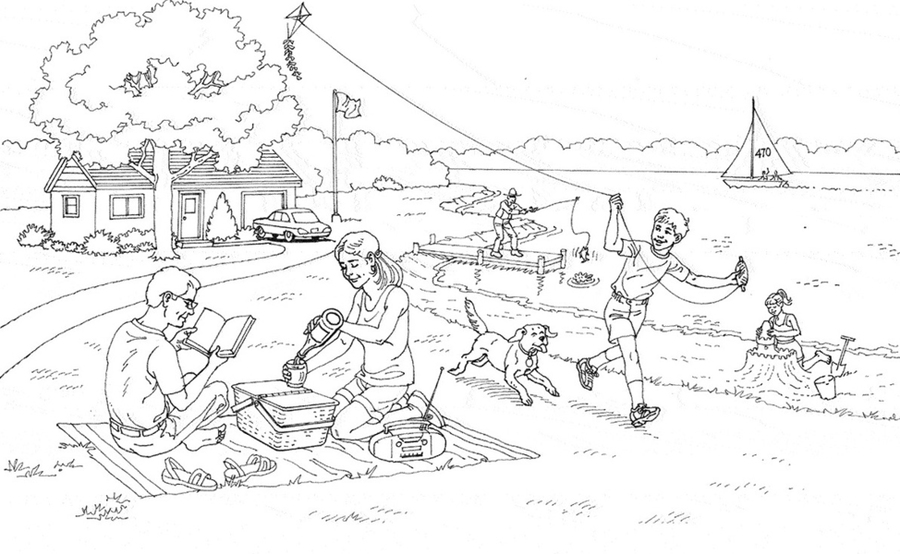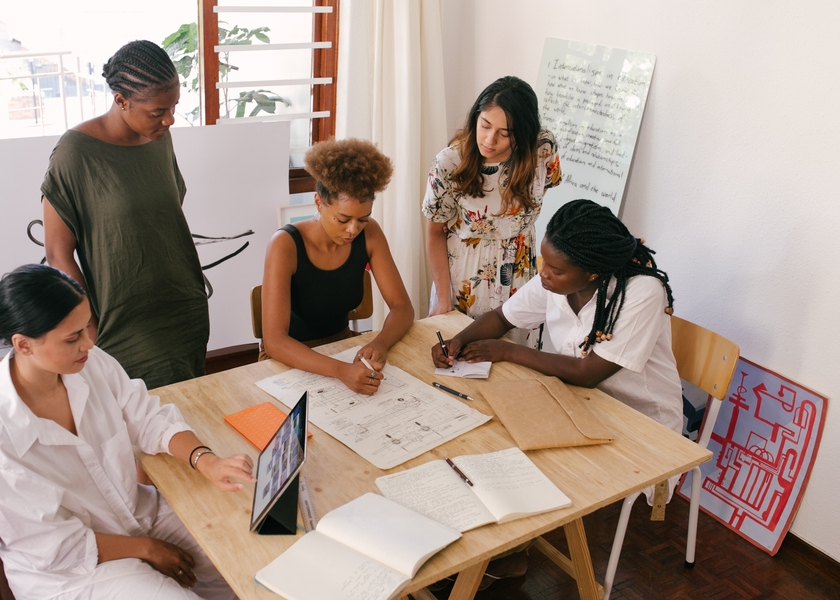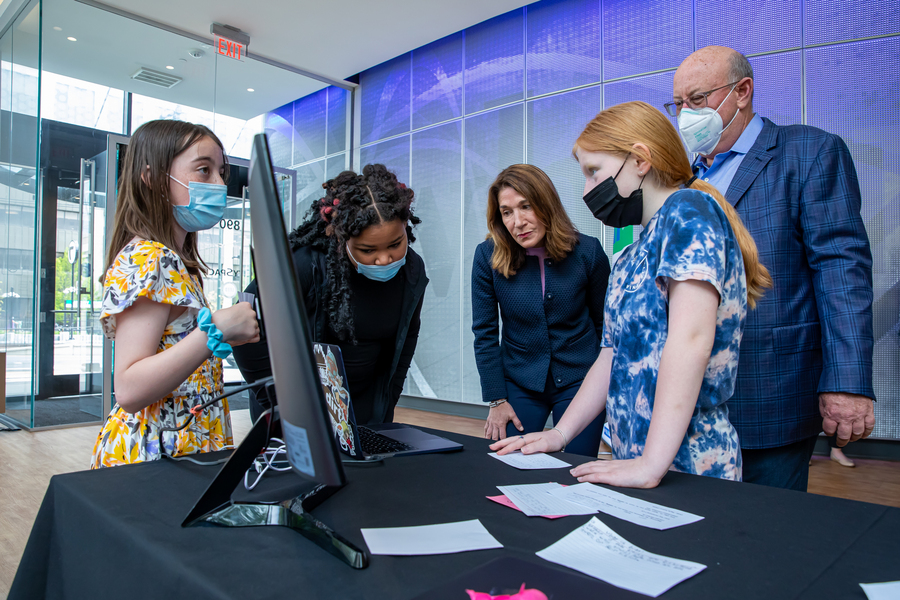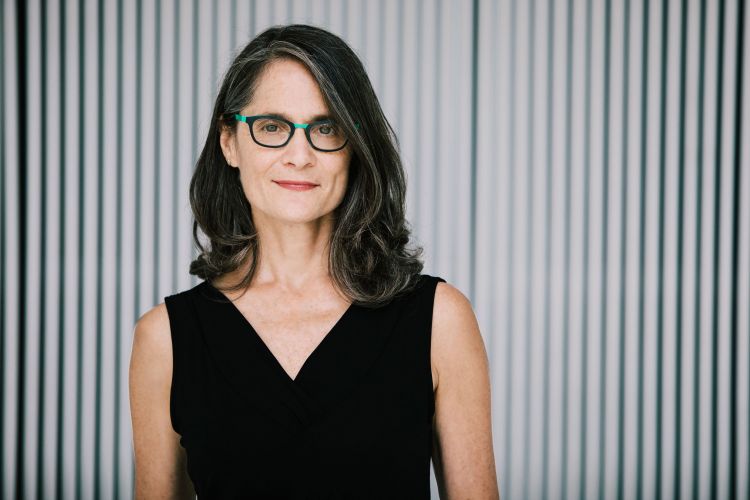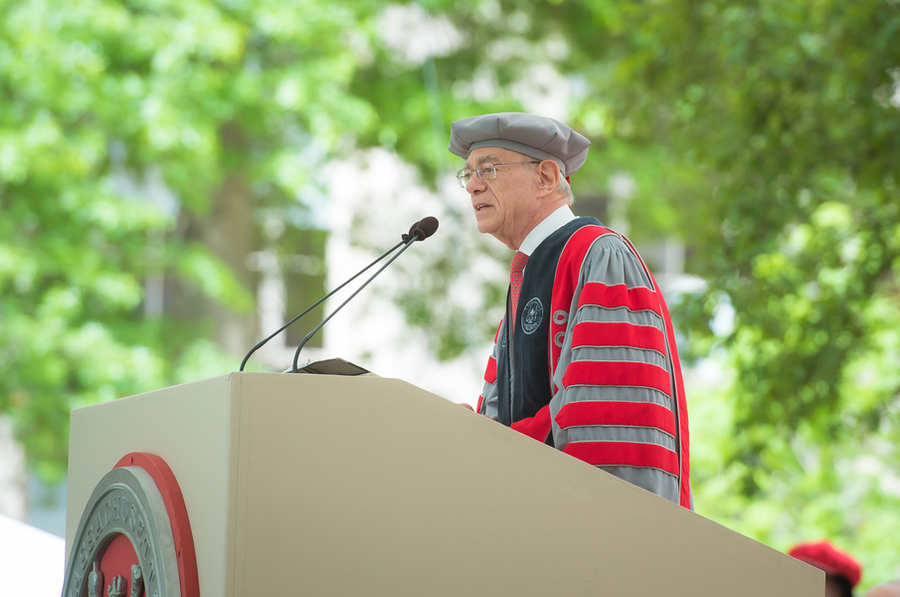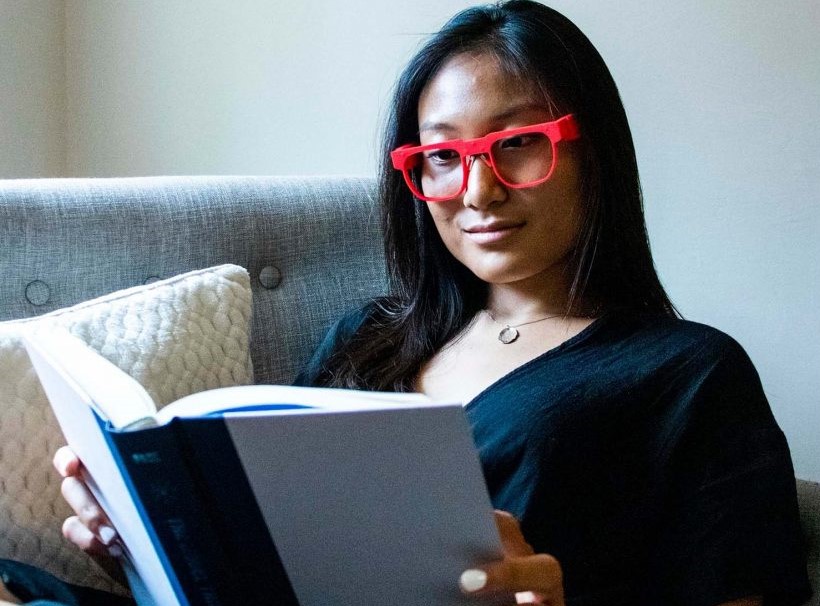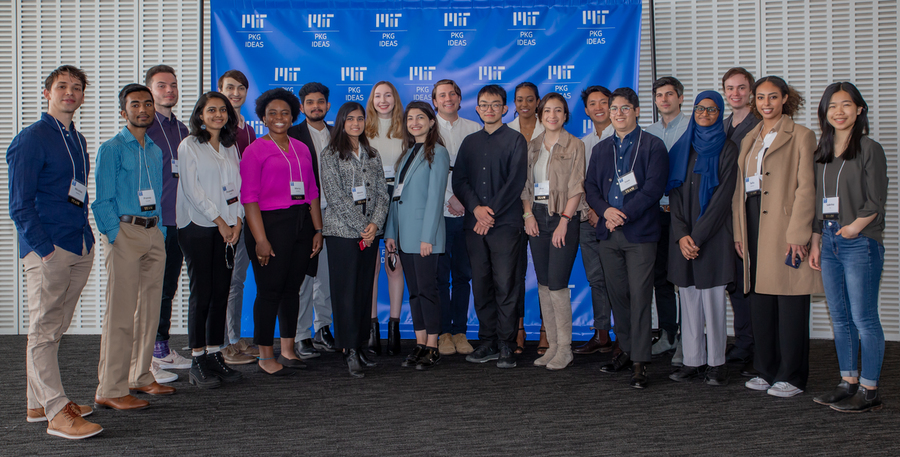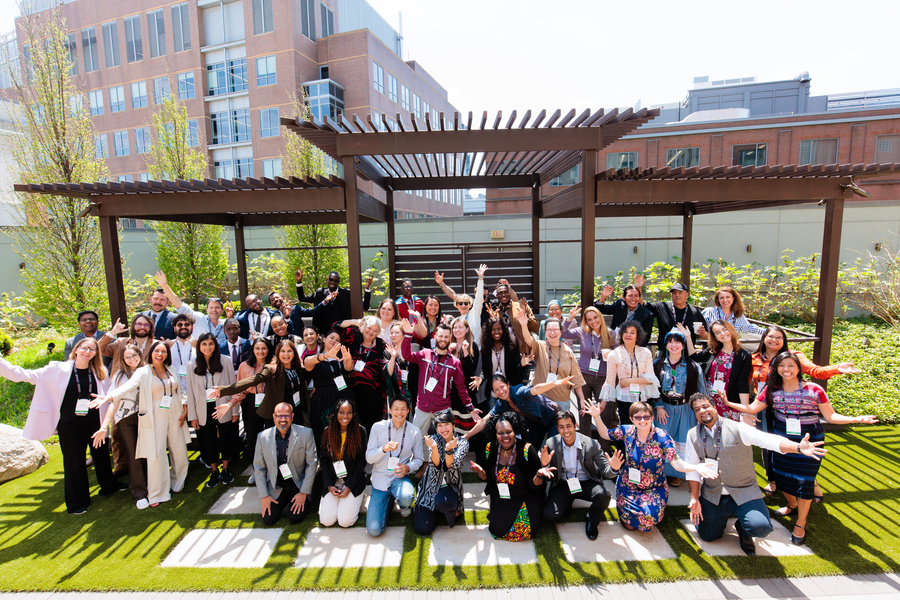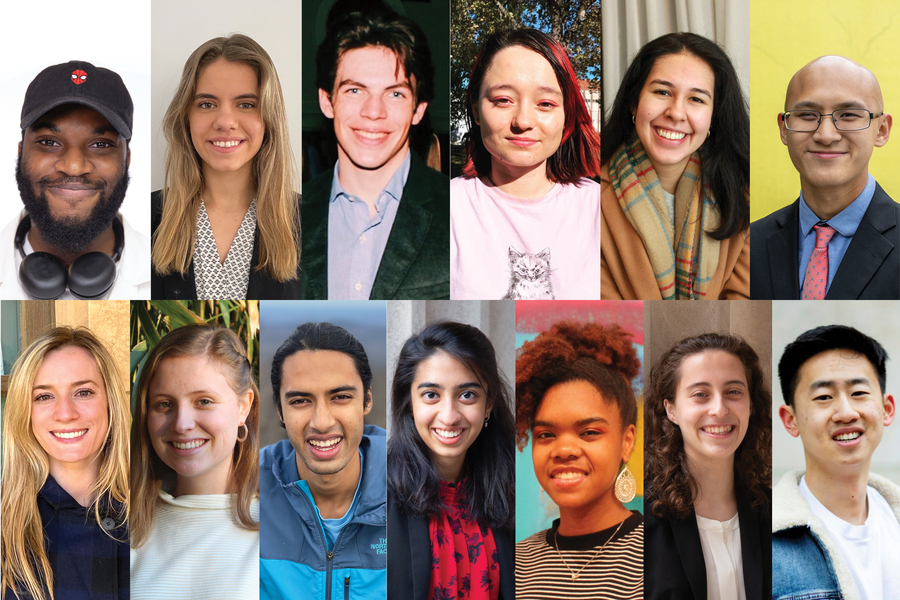While everyone struggles occasionally with finding the right word or tripping over their sentences, aphasia patients can lose the ability to comprehend language entirely.
News
MIT Refugee Action Hub event convene learners, activists, and educators from around the world in storytelling and collaboration.
In collaboration with education provider i2 Learning, MIT RAISE offered teachers free professional development sessions prior to teaching the material.
“The Libraries, MIT Open Learning, and the MIT Press are a powerful trifecta representing a value that MIT holds dear, about the power of knowledge and information openly shared to be a positive force.”
“As you strive to hack the world, please try to heal the world, too,” MIT President Reif told graduates.
Supported by a grant from MITili, the AttentivU project is designed to help students improve their ability to focus on a given task, such as homework.
Long-term studies have shown us what industries lead to higher earning potential and educational gains, and what groups of young people benefit most from summer programs.
Congratulations to this year’s IDEAS Social Innovation Challenge winners. Zahara for Education, for example, seeks to expand educational opportunities between Sudan and the United States.
Sakena Yacoobi, founder and president of the Afghan Institute of Learning, implores us all to be bold. “Don't wait for something to come, you need to act on it yourself.”
Congratulations to our MIT students and all of this year’s winners. The Fulbright US Student Program funds opportunities for research, graduate study, and teaching abroad.
